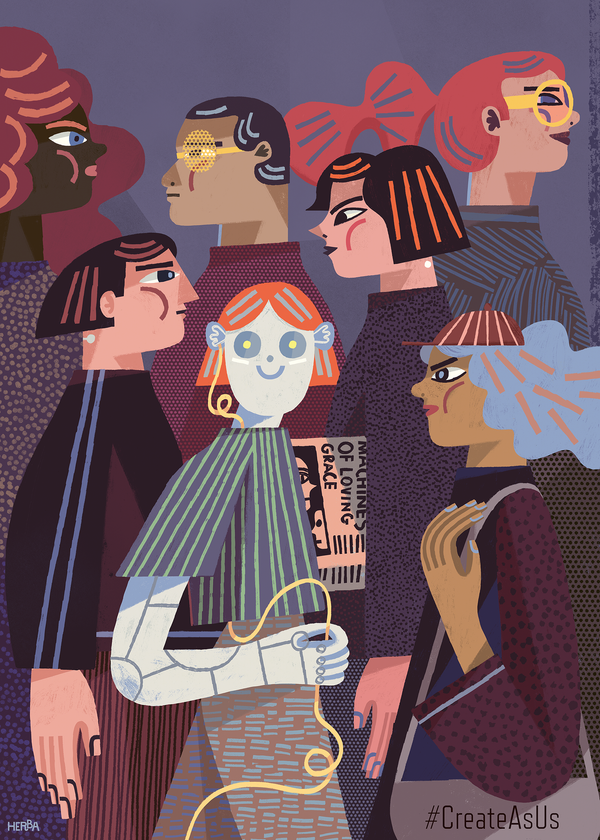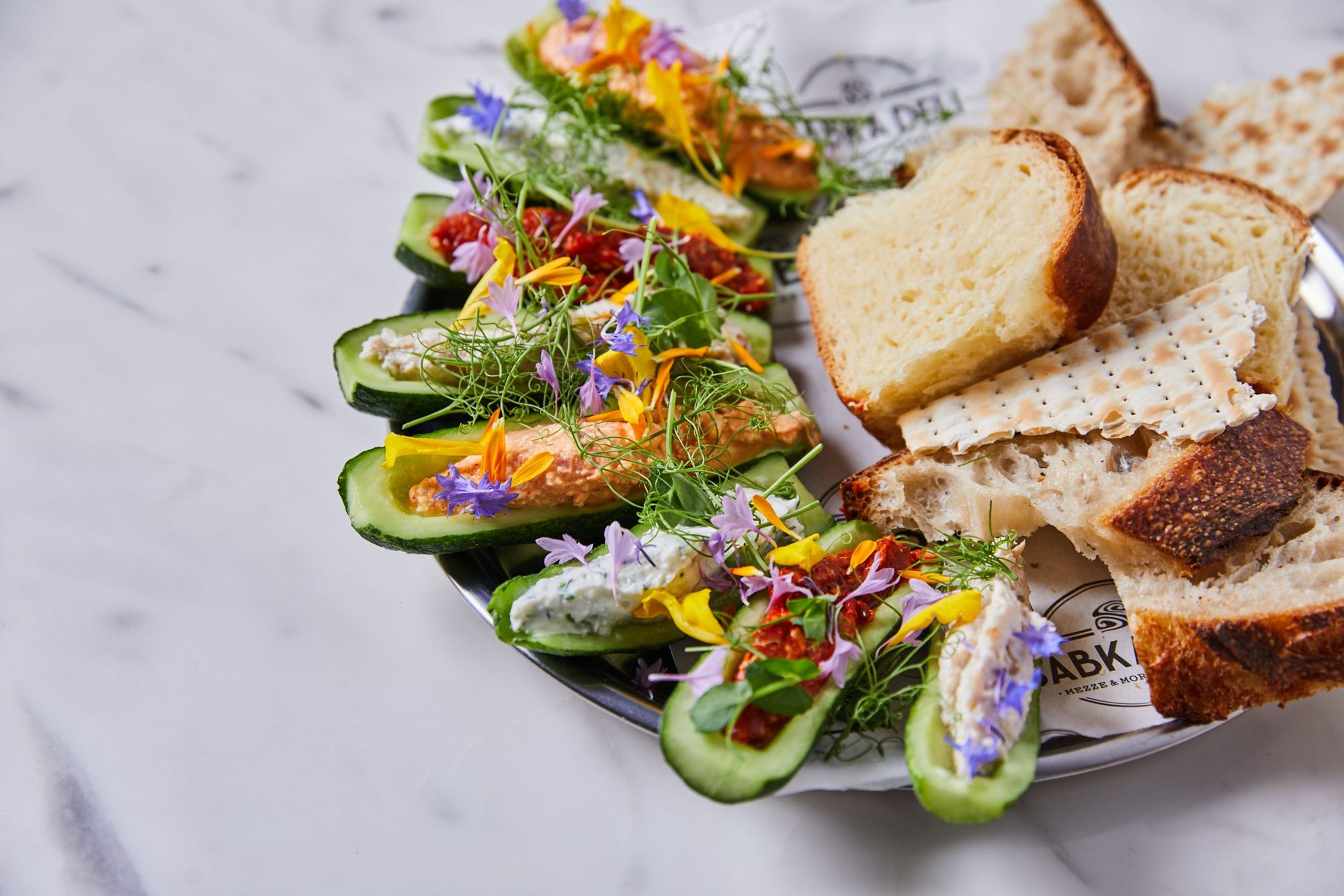Served with bread or potatoes, prepared in the sun or on a shady shelf, crunchy pickled cucumbers are an essential delicacy of the Hungarian summer. But this seasonal delicacy can be much more than just a refreshing side dish to barbecue meals: Babka Deli and the Kiútprogram (Way Out Programme) have now teamed up to help people in difficult social situations and to win over Budapest guests, first with a special cucumber dinner.
Fermentation is an ancient method that requires nothing more than salt, water, time, and the fruits and vegetables in season. This method not only makes food last much longer but increases its health benefits, as various micro-organisms set to work, making it easier for us to digest the food. It can be done with vinegar or alcohol as well, but the best is the so-called lacto-fermentation—where the natural bacteria present on the surface of the ingredients, the so-called lactobacilli, start working in an anaerobic, that is air-tight, environment. They start to break down the carbohydrates (sugars), converting them into lactic acid. What is visible from the outside is that the contents start to bubble, boil, ferment and then finally it sours. Don’t be alarmed by this, the process is natural, and the results a few days or weeks (or even months) later will certainly turn out fantastic. (Should you want to learn more about the process, read this—the Ed.)
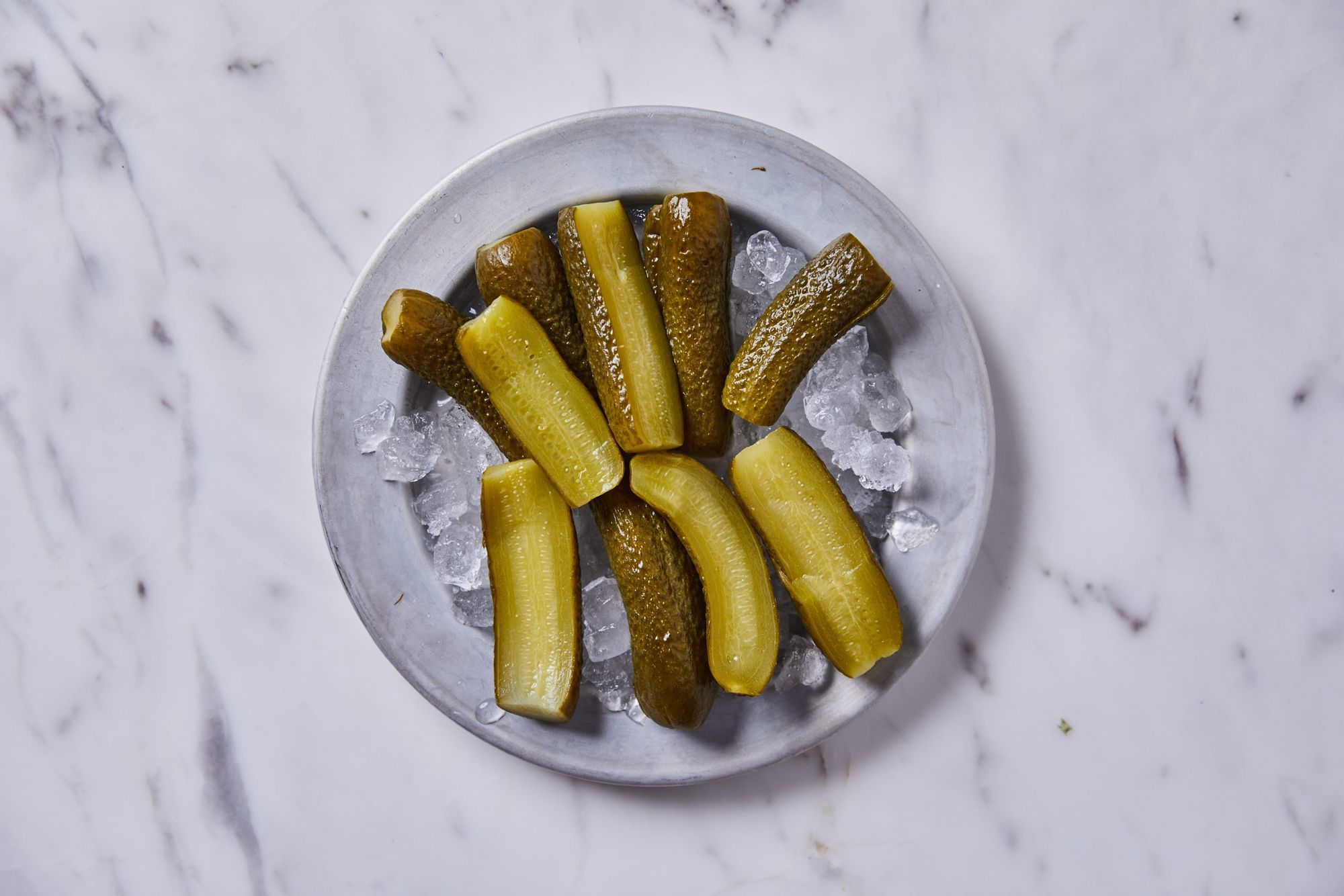
Hungarian gastronomy has a long tradition of fermented foods—think of sourdough bread, soured cabbage, or kefir. But the last century has seen the emergence of so-called quick fermentation, where vinegar, sugar, and preservatives are used in the process. Unfortunately, most pickles from Vecsés (a town famous for its pickling process—the Transl.) are now prepared this way, so it’s worth looking up if the pickles you want to buy are made with salt only. There is no problem with this new variety either, but here the physiological effect is negligible. Although cucumbers, for example, can be put away for the winter, preserving the summer flavors. Something similar was on the minds of Attila Nemesvölgyi, owner of the Babka Group, and András Polgár, chairman and patron of the Kiútprogram. In Szabolcs-Szatmár-Bereg county, after all, there is plenty of high-grade cucumbers grown, the cultivation of which is relatively easy to learn. As there are many families in this region living in extreme poverty, mostly Roma, the people at the foundation thought it might be worthwhile to support them in becoming farmers and family entrepreneurs, thus helping them to earn a living. Here this means 63 families in 16 villages. The employment program is market-based, and to get started, Kiútrprogram provides loans rather than donations, with proceeds being reinvested. The field workers help in any way they can, but more importantly, they place their trust in the participating families, which is how the program becomes sustainable.
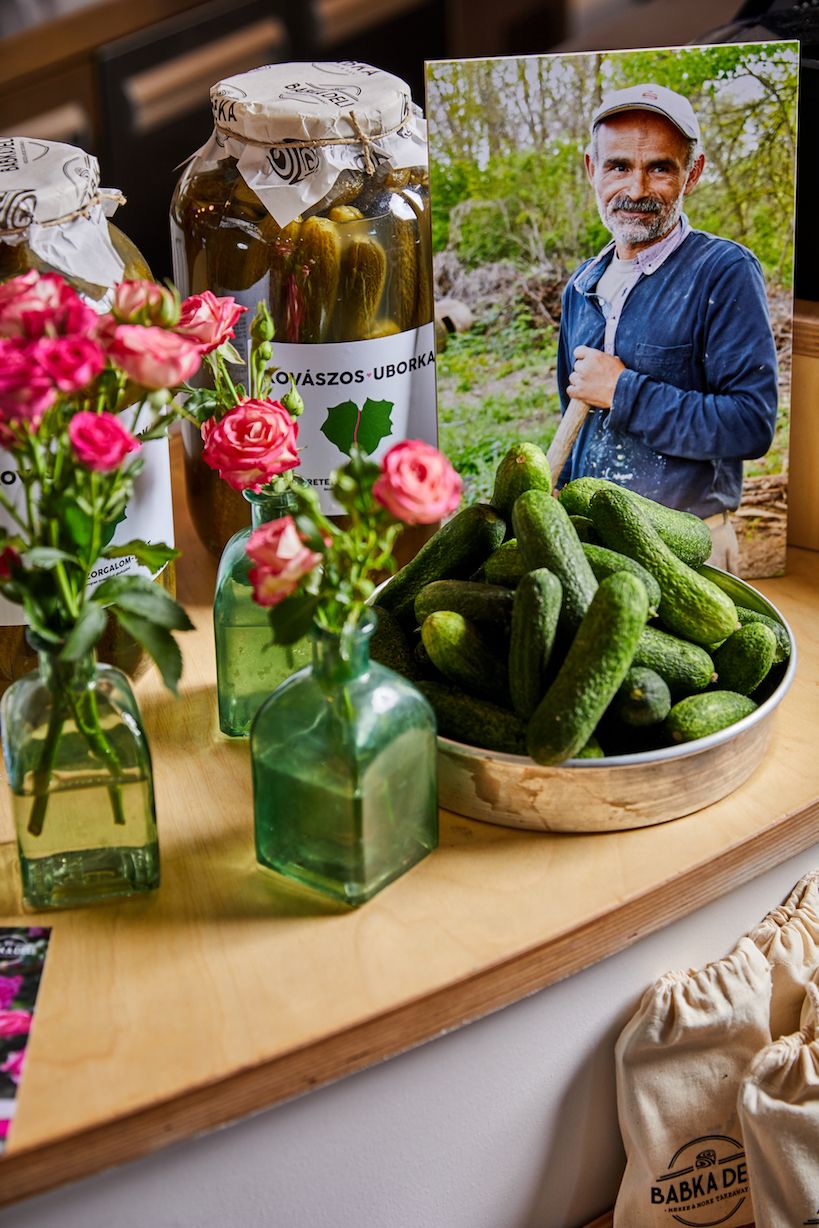
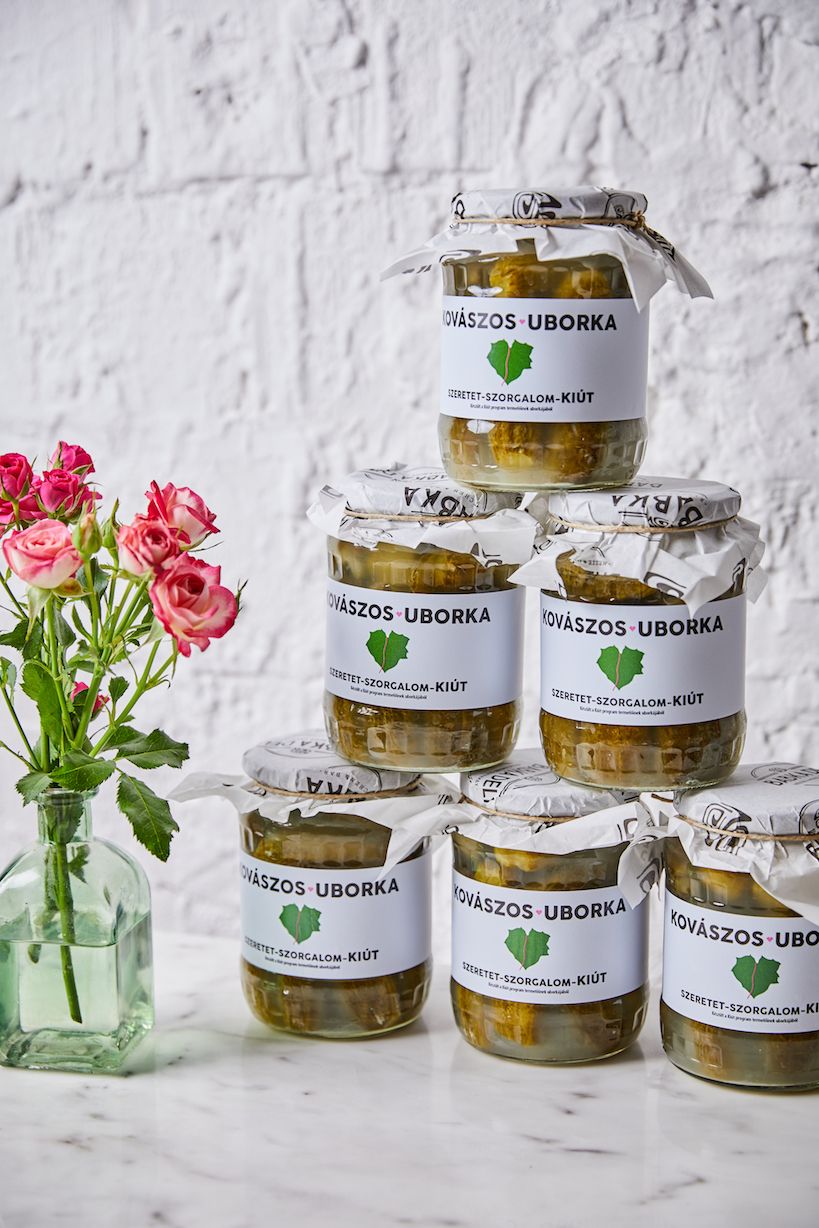
At Babka and Babka Deli, it has always been a priority to channel social causes into the restaurant’s operations and to connect remote corners of the country through gastronomy. The collaboration was prompted by another reason as well: the dishes on the menu needed good quality pickled cucumbers, so they thought the partnership could work. The cucumbers collected are fermented in Berekfürdő, as part of another support project, and finally put on the restaurant’s menu, with the producers receiving a percentage of sales. To highlight this great collaborative thinking, guests were recently invited to a special cucumber dinner, where Babka’s chef András Berényi created the dishes, showcasing pickled cucumbers in exciting forms, while Zsófi Mautner guided us through this world.
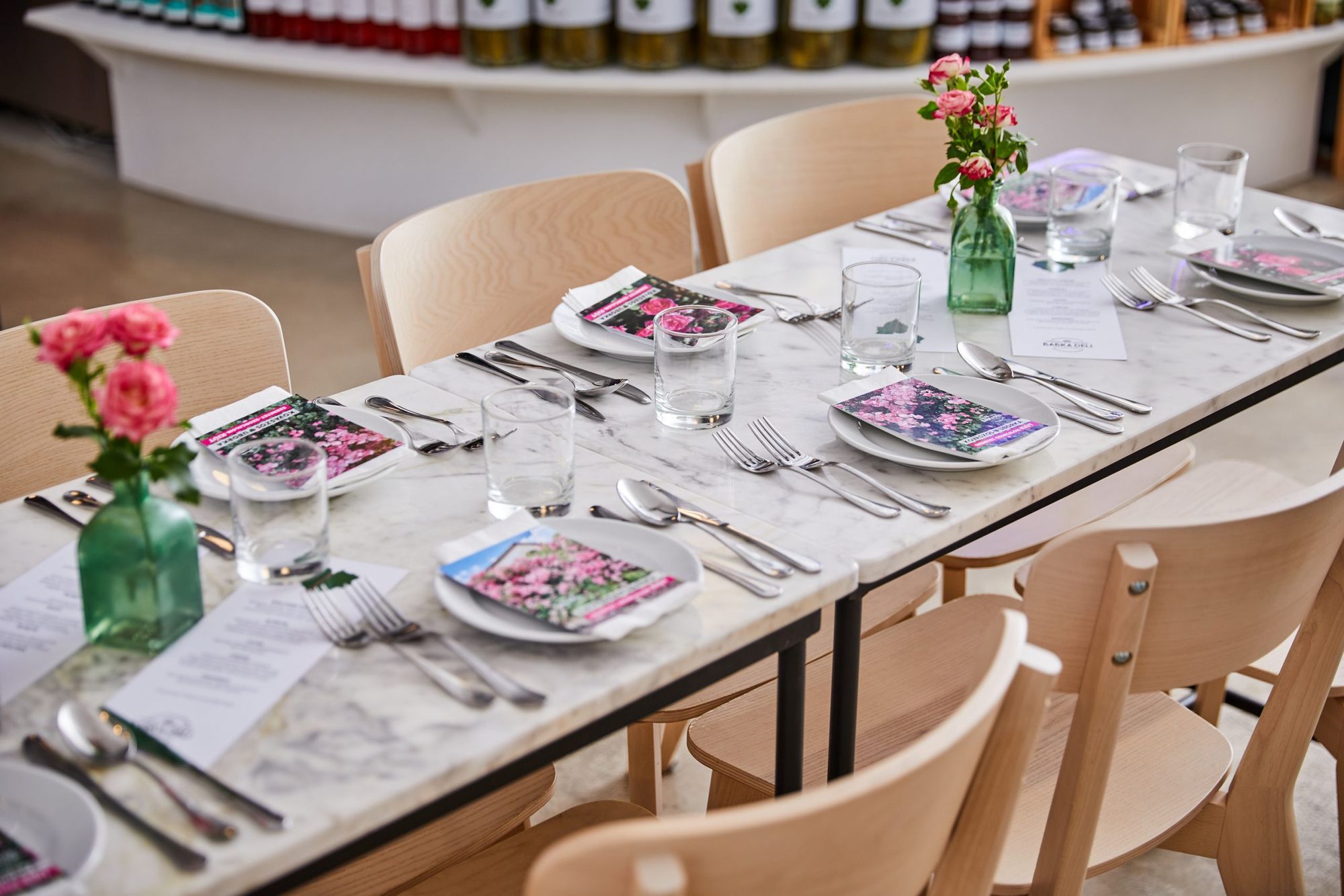
The welcome drink was a frozen daiquiri with pickled cucumber, refreshing, zesty, sparkling, slightly sweet, and only slightly sour, which was refreshing on the quickly changing, windy summer evening. An apple and elderflower cold brew with cucumber was also on offer, adding a new twist to the now classic cucumber lemonade. The starter was a mezze&mayo selection of fresh cucumbers stuffed with various creams, such as trout or kőrözött served with sourdough bread, and lots of edible flowers.
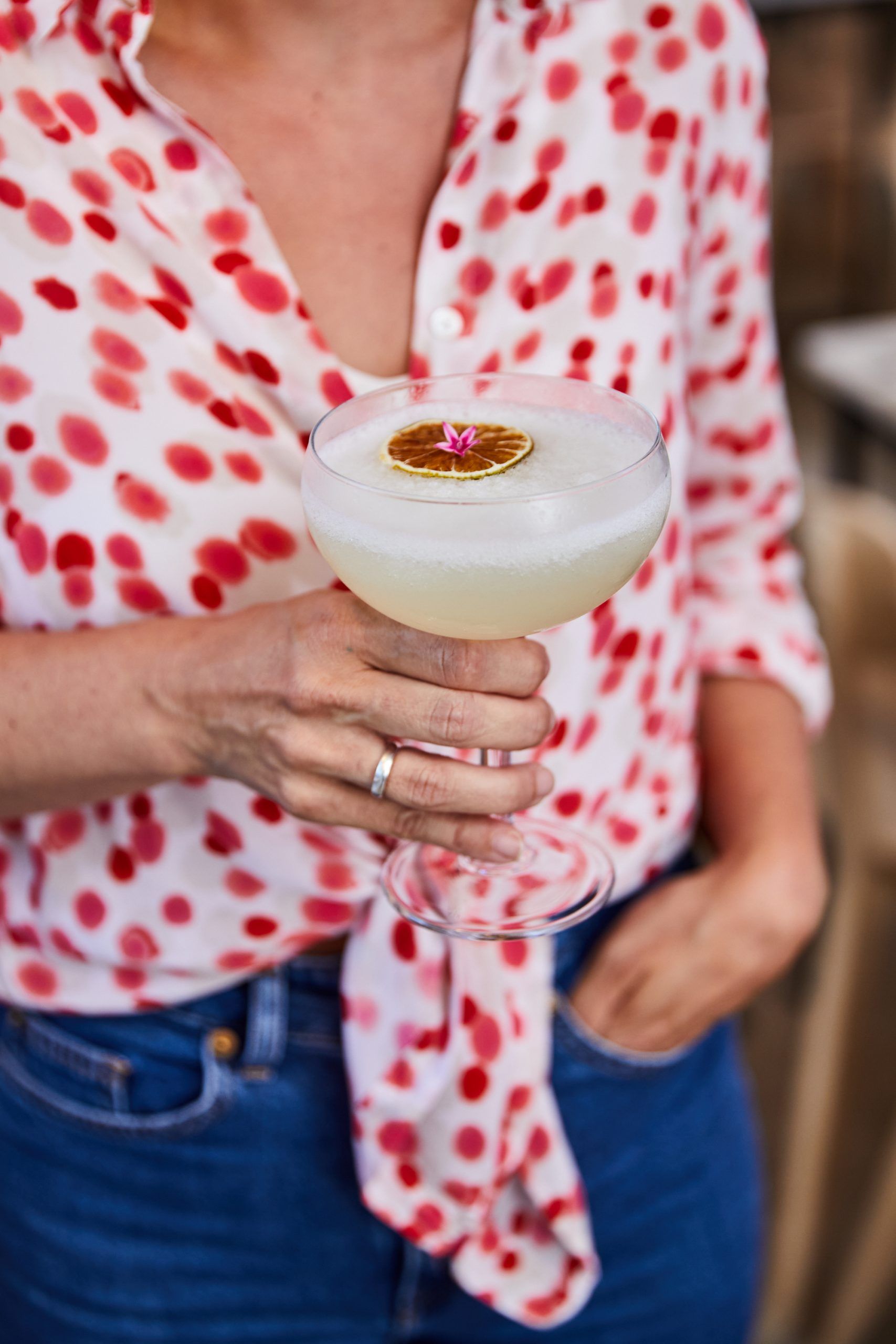
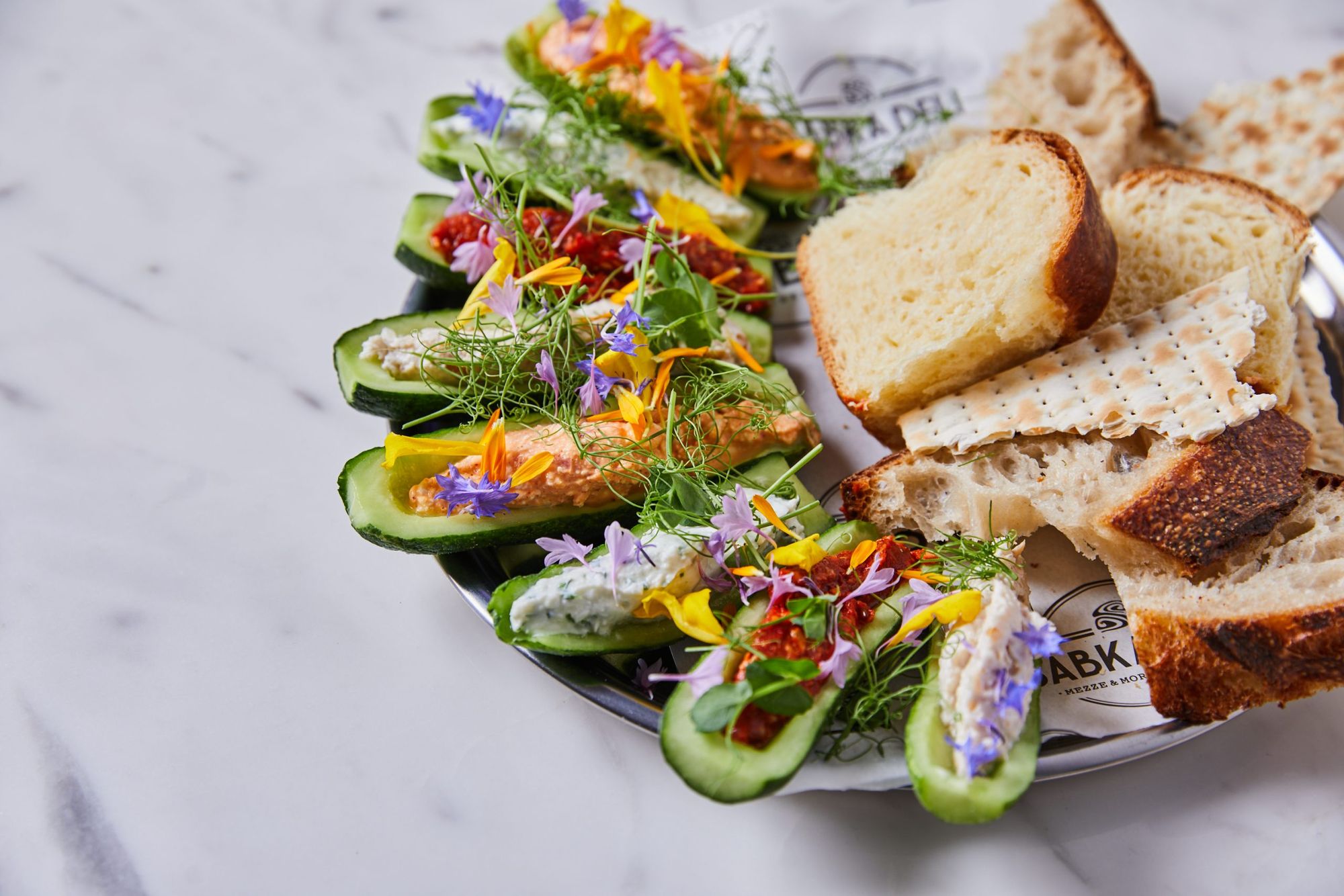
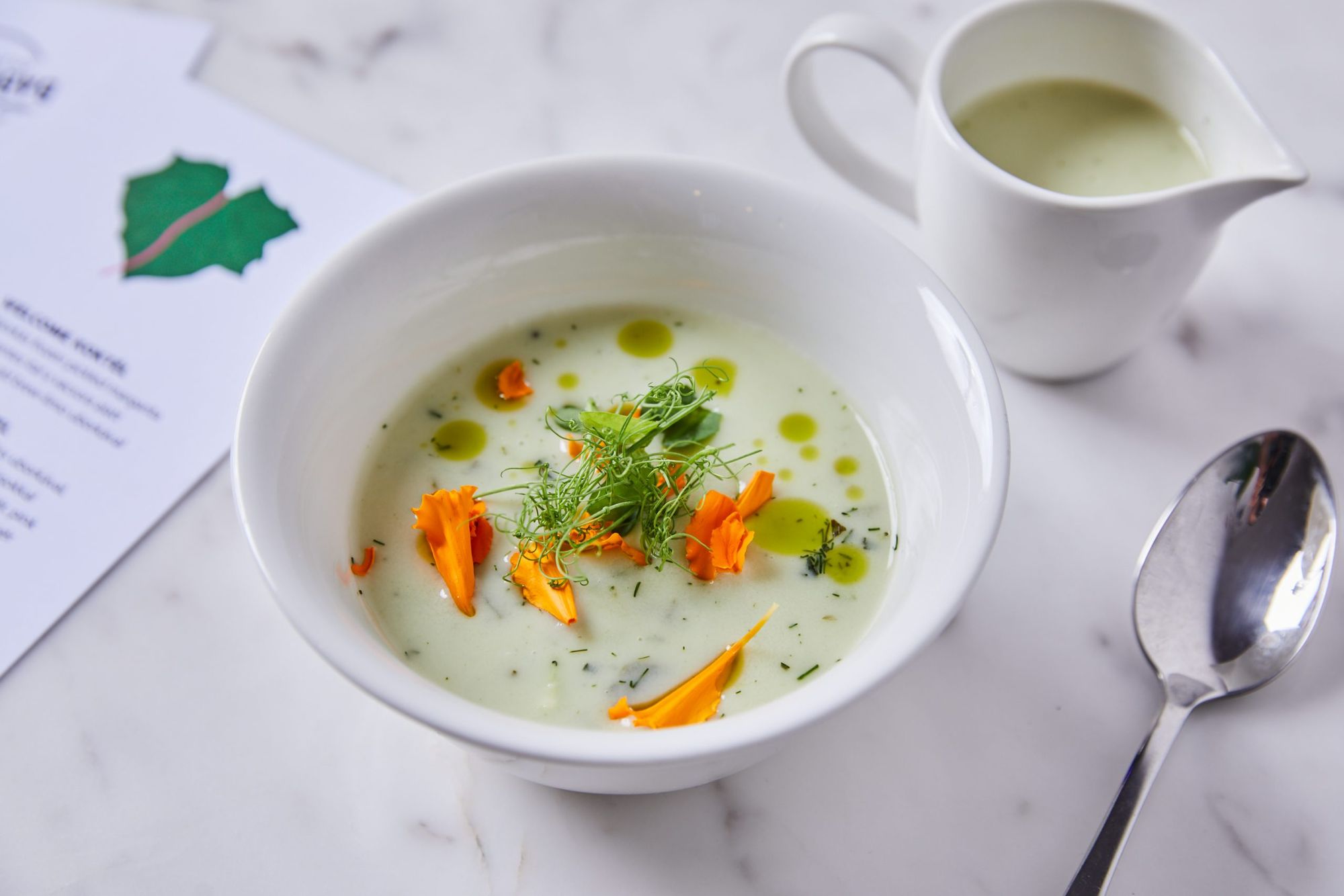
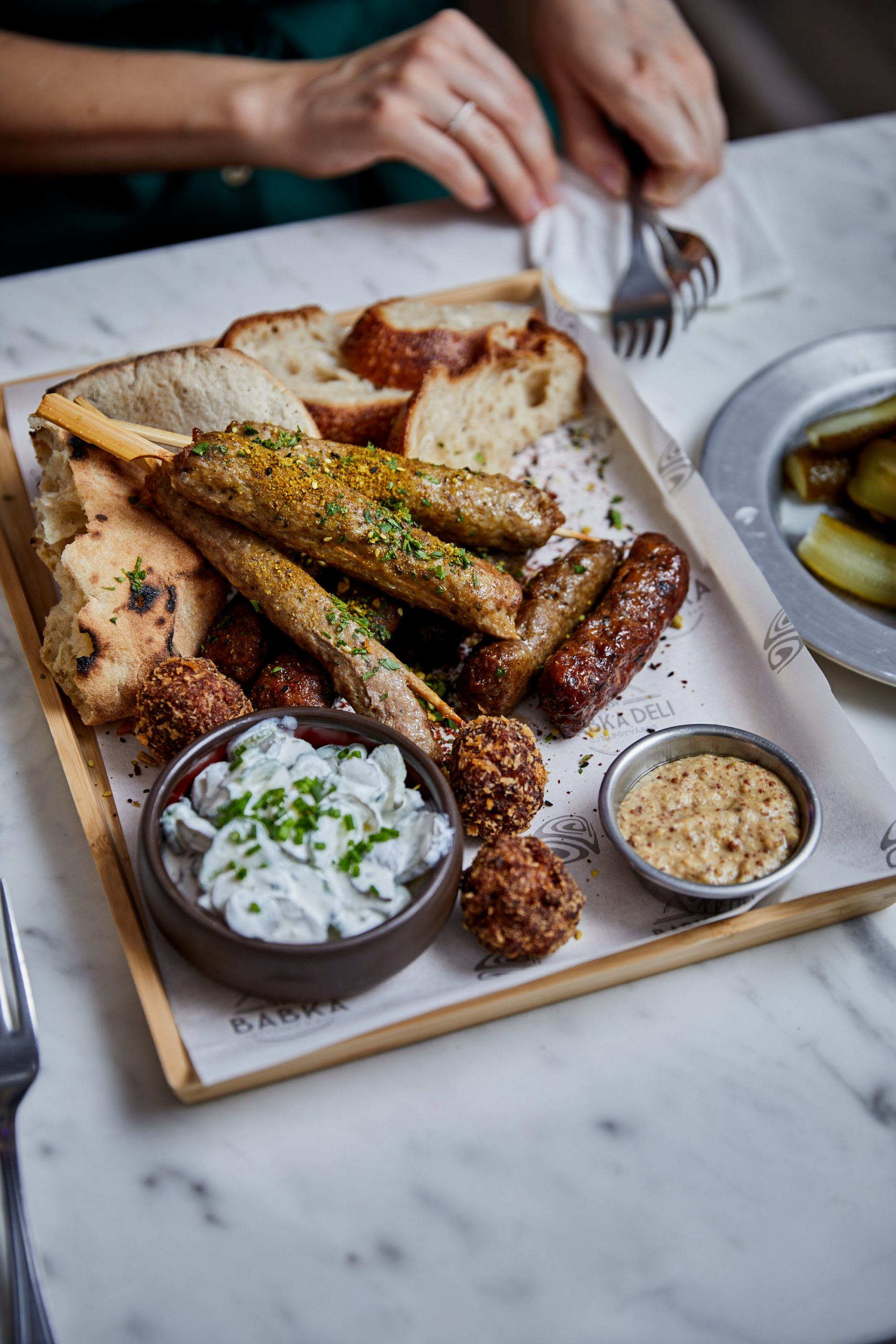
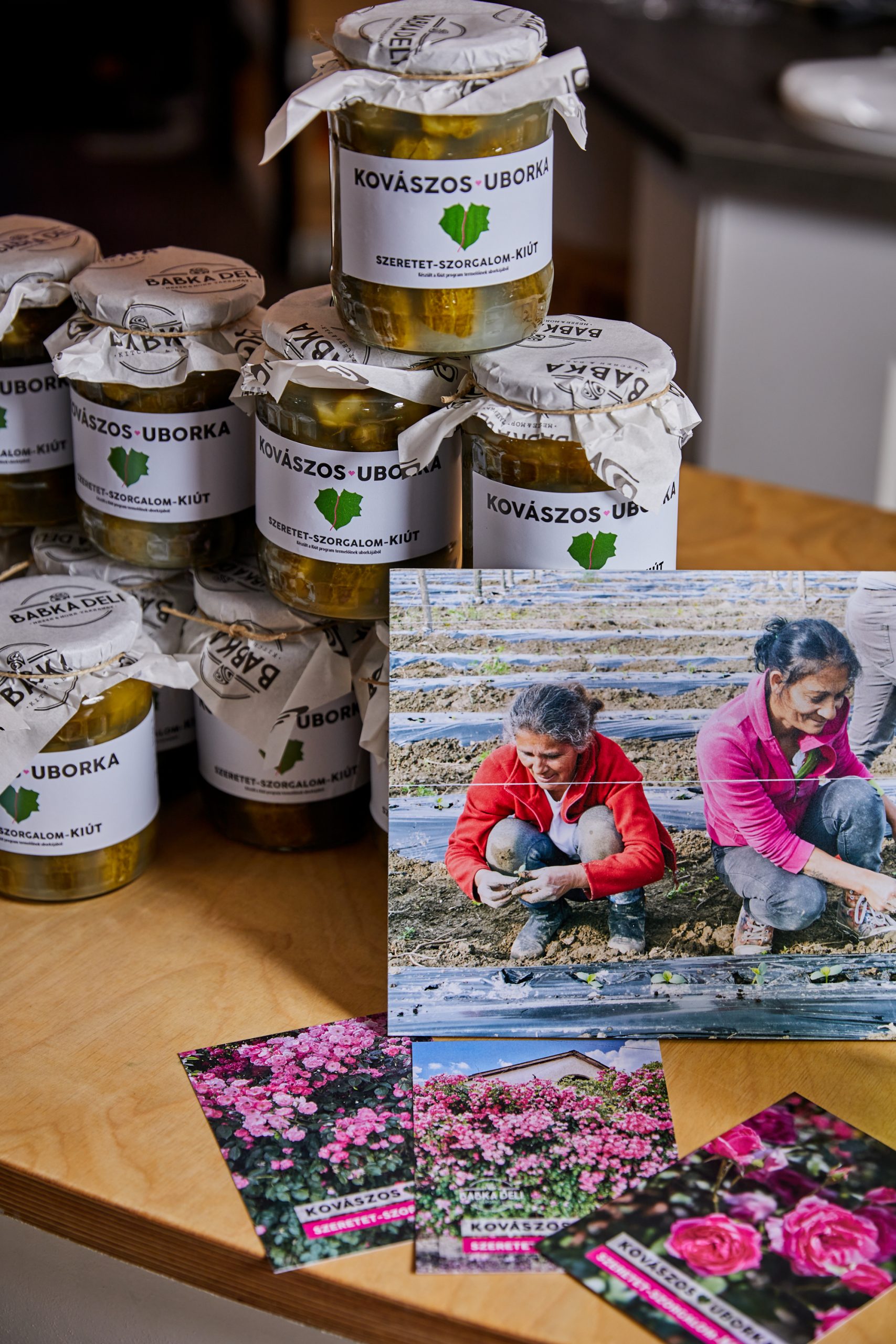
The ice-cold green cucumber soup with dill oil and tarragon, based on the recipe of Pál Kövi, a gastronomist who returned from New York in the 1970s and collected Transylvanian recipes, gave pleasant, soft flavors, greatly complemented by the fresh, crunchy cucumber cubes. The pickled cucumber served on ice, played the biggest role alongside the main course, a grilled platter of traditional and venison micies with homemade lamb kofta, garnishes, spicy, smoky flavors, seeded mustard, and creamy cucumber salad. And for those who still hadn’t had enough of cucumbers, there was dessert: the cottage cheese strudel ice cream sundae was no less than a creamy cottage cheese ice cream with crispy, caramelized, buttery dough sheets topped with candied watermelon rind and cucumber.
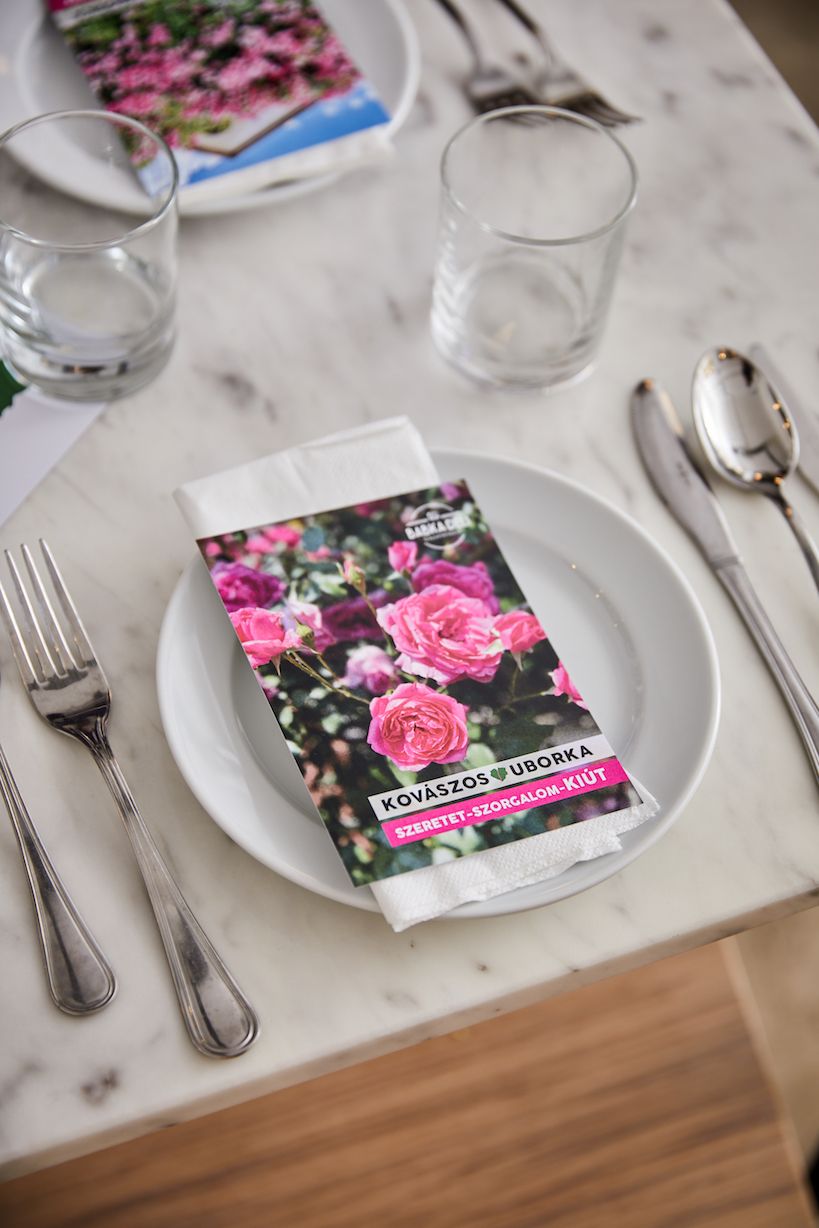
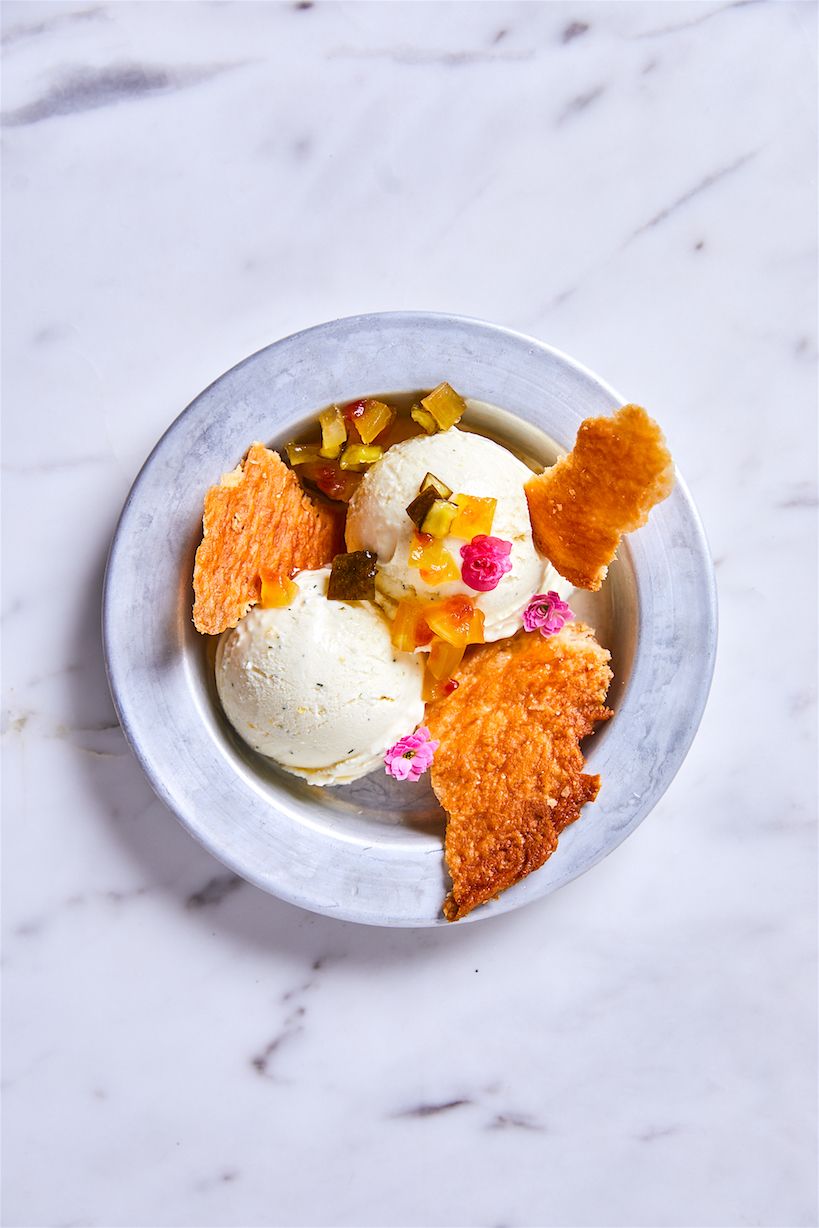
I can’t say that I wasn’t a little satiated by the taste of the pickled cucumber by the end, but it was indeed a great experience to see and try this noble and daring game. The delicacies are all on the menu now, so it’s well worth a trip to Pozsonyi Road—and if you buy a jar of pickles, you’ll get an addressed postcard, which you could send to one of the farmers. Such kindness, I think, is needed every day!
Babka Deli | Facebook | Instagram
Photos: Áron Erdőháti
Source: Fermentor blog, Telex

Workshop homes from Moscow to Berlin

Rare bird species can also be watched from this rest stop along the Danube in Slovakia
